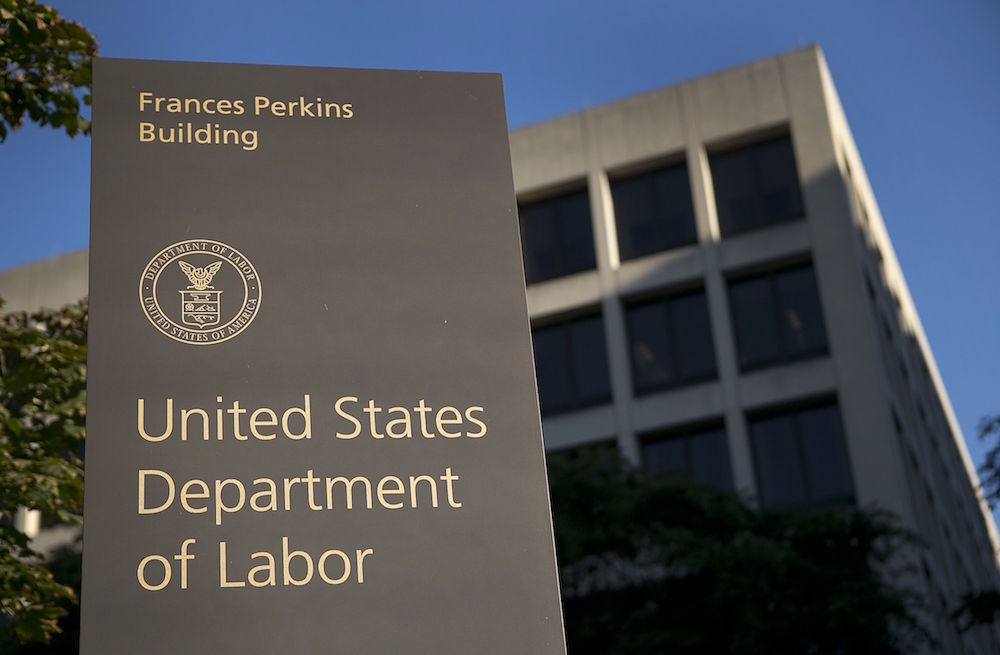
In our March edition, we informed you of the Department of Labor’s (DOL) newly proposed rule to increase the exempt salary level threshold. The public is again invited to give input until May 21, 2019. If you’d like to contact the DOL and give your feedback, go to: http://www.regulations.gov. If you wish to contact the DOL and read the full release, please visit: http://www.dol.gov/newsroom/releases/osec/osec20190307.
This month we thought we would share some frequently asked questions regarding the proposed rule and others regarding wage and hour.
Question: What is the proposed new rule and how does it differ from the 2016 Obama era overtime rule?
Answer: The 2019 overtime rule proposal would set the salary level for employees to be exempt from overtime at $35,308 per year. The 2016 Obama era overtime rule was set at $47,476. per year. The 2016 rule change was struck down by a federal district judge in Texas just days before it was to take place on December 1, 2016.
Question: If we pay an employee more than $35,308 per year, can we automatically assume they are exempt from overtime?
Answer: No. In order for a position to qualify for an exemption, three test areas must all be met.
- The position must be paid on a salary basis.
- The position must be paid at least the minimum salary per federal or state law (whichever is most beneficial to the employee).
- The position must meet the specific job duties test (each exemption has different duties to qualify).
Question: What about our highly compensated employees? Any changes to the current $100,000 rule?
Answer: Yes. The proposed new salary threshold for the highly compensated employee would increase from $100,000 to $147,414; of which $679 must be paid weekly on a salary or fee basis.
Question: Will there be changes to the “duties” test?
Answer: No changes were proposed.
Question: Do nonprofits have an exemption from the increased salary threshold?
Answer: Don’t bet on it. Neither the Fair Labor Standards Act (FLSA) nor the DOL’s regulations provide a pure exemption from overtime requirements for nonprofit organizations. According to the DOL, nonprofit charitable organizations are not covered enterprises under the FLSA unless they engage in ordinary commercial activities that result in a sufficient amount of sales made or business done, such as operating a gift shop or providing medical services for a fee. However, employees of employers that are not covered by the FLSA on an enterprise basis may still be entitled to its protections if they are individually engaged in interstate commerce.
Question: What’s interstate commerce?
Answer: Interstate commerce is commercial trade, business, the movement of goods, information, money or transportation from one state to another.
Examples include: ordering, receiving and/or using goods from an out-of-state vendor, making phone calls, sending emails or postal mail to someone in another state. Credit card transactions also count as interstate commerce.
These days, it would be the very rare employee that is not engaged in some sort of interstate commerce and therefore not entitled to the protections of the FLSA, including overtime and minimum wage.
We encourage all our clients to look at who currently is classified as exempt and might be affected by the increase in the salary level. It’s a great opportunity to make sure you are in legal compliance with whom you have classified as an exempt employee.
As we hear and know more about the upcoming increase in the exempt salary level, we will let you know. If you have questions regarding who qualifies as exempt or what the minimum salary level is in your state, or any other HR related issue, please don’t hesitate to contact us at (800) 358-2163 or hrservices@501c.com.



